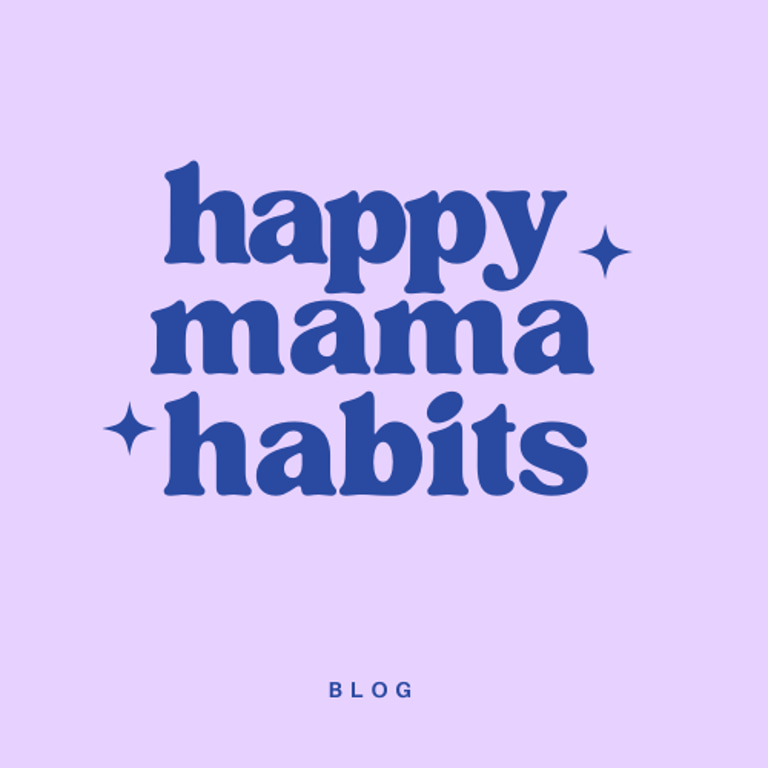What to do when you have an extra 10-20 minutes and you're on the verge of a meltdown
Ten- to twenty-minute “micro-rests” really work—try breathwork, a power nap, a nature pause, gentle movement, music, journaling, progressive muscle relaxation, guided imagery, a mini tidy, or a tea ritual to reset your mood and energy. 💛
11/1/20253 min read


TL;DR: Ten–twenty minutes is enough to reset your whole vibe—try breathwork, a power nap, a quick nature pause, gentle movement, music, journaling, progressive muscle relaxation, guided imagery, a mini tidy, or a cozy tea ritual. 💛
Busy-mom minutes are funny: somehow endless and gone in a blink. When a tiny pocket of quiet shows up—nap time, a show starts, practice pickup runs late—you deserve rest that actually restores you. No spa day, no guilt. Just simple ideas that help you feel calmer and more like yourself.
What’s True
Small actions add up. One short walk, stretch, or breathing break can take the edge off stress and help you sleep better tonight.
Your breath is a remote control. Slow, steady breathing tells your nervous system, “We’re safe,” and helps your body downshift.
Green time is magic. A few minutes outside—or even by a sunny window with a plant—can brighten your mood and focus.
Music changes the room. The right song can soften your shoulders and slow your thoughts within minutes.
Short naps are powerful. Ten to twenty minutes can refresh you without the “nap hangover.”
Friendly reminder: this is general info, not medical advice. If most days feel heavy, it’s always okay to reach out to a clinician or counselor.
Try This (Pick 1–3 today)
□ 1) Two-Minute Box Breathing (repeat to 10 minutes).
Inhale 4, hold 4, exhale 4, hold 4. Imagine drawing a little square with your breath. Simple, steady, calming.
□ 2) Ten-Minute Power Nap.
Darken the room, set a 15–20 min timer, pop on an eye mask if you have one. You’ll wake up clearer, not groggy.
□ 3) Nature Micro-Break.
Face to the sun, one block around the corner, or sit by an open window with a plant. Breathe. Notice three things you see, hear, and feel.
□ 4) Ten-Minute Stretch + Stroll.
Five minutes of easy stretches, then a brisk five-minute lap (hallway, driveway, around the block). Shake out your hands and jaw at the end.
□ 5) Guided Imagery Reset (10 minutes).
Close your eyes and picture your calm place—beach, forest, quiet café. Walk through it in your mind using all five senses.
□ 6) Progressive Muscle Relaxation (10–15 minutes).
From toes to forehead: tense each muscle group for five seconds, then release for ten. It’s like wringing out stress.
□ 7) Gratitude or “Brain Dump” Journal (10 minutes).
Write three specific things you’re grateful for or free-write everything on your mind. Both clear mental clutter fast.
□ 8) Music Medicine Moment (10–15 minutes).
Headphones on, eyes closed. Choose one calming playlist. Let the song carry you; breathe with the beat.
□ 9) Tea + Tech Pause (10 minutes).
Make a cozy drink, silence notifications, stare at… nothing. Let your mind wander. Add a few slow exhales.
□ 10) Five-Minute Mini-Tidy + Five-Minute Sit.
Clear one surface, then sit and enjoy the visual calm. Light movement + a calmer view = instant reset.
What to Watch
Nap timing: Earlier in the day is usually better. Keep it short so nighttime sleep stays happy.
Kind expectations: Breathwork and mindfulness work best when you start tiny and repeat often.
Scents and oils: If you try aromatherapy, keep bottles out of kids’ reach and avoid direct skin contact unless diluted. Think “nice bonus,” not “must do.”
When to get help: If worry, sadness, or irritability show up most days for two weeks or more, check in with your primary care clinician, OB/GYN, or a therapist. You’re not alone, and support helps.
Quick Recap
Pick one: breathe, nap, step outside, move, music, journal, relax muscles, visualize, tea break, or mini-tidy.
Keep it tiny: 10–20 minutes is enough to change your state.
Repeat what works: Small, steady resets add up over the week.
You’re doing better than you think—small, steady steps count.
